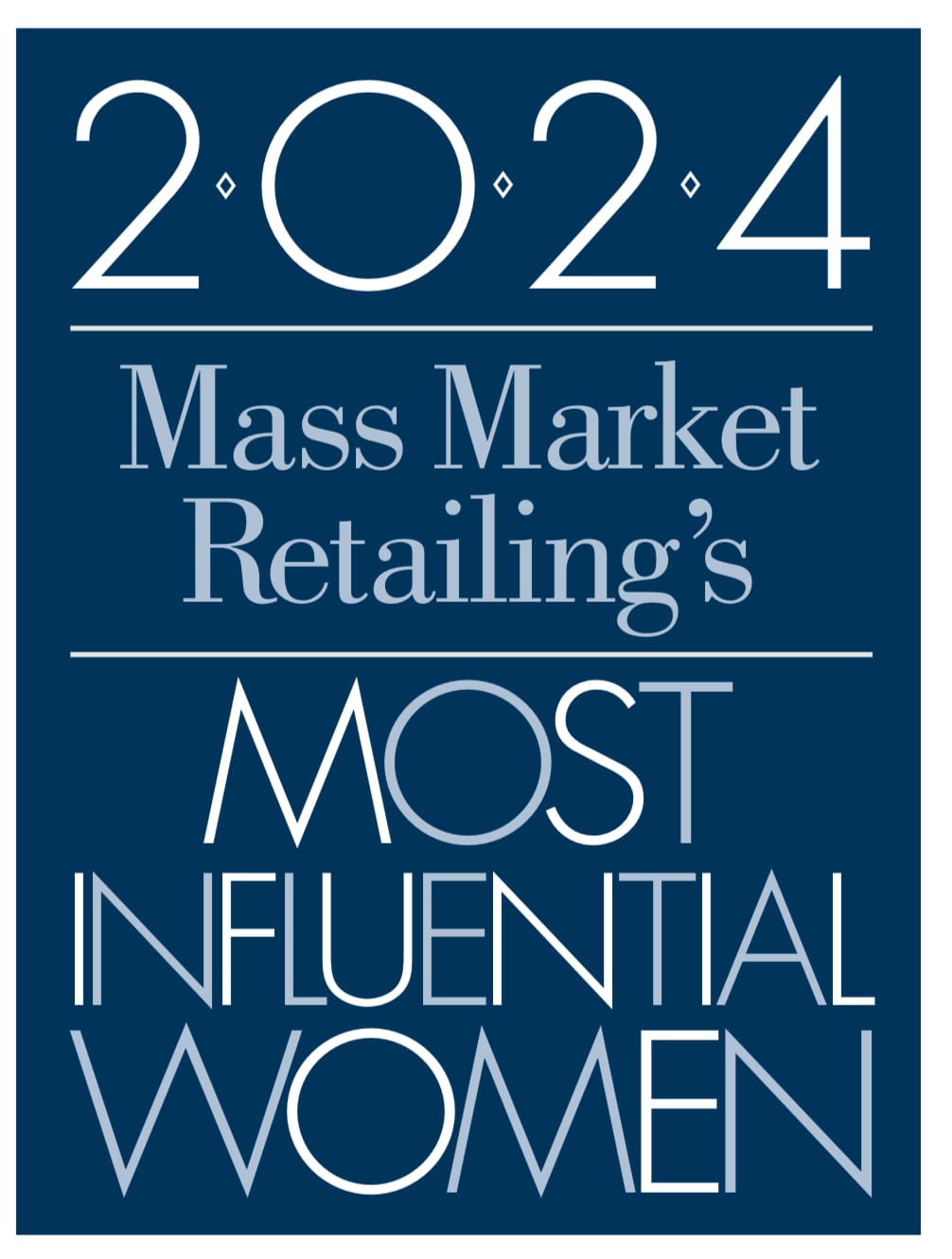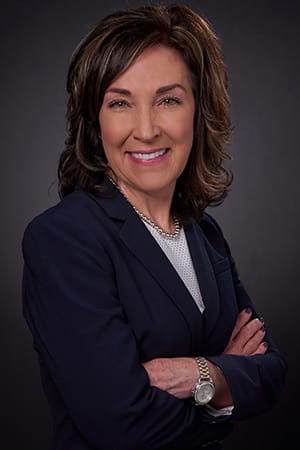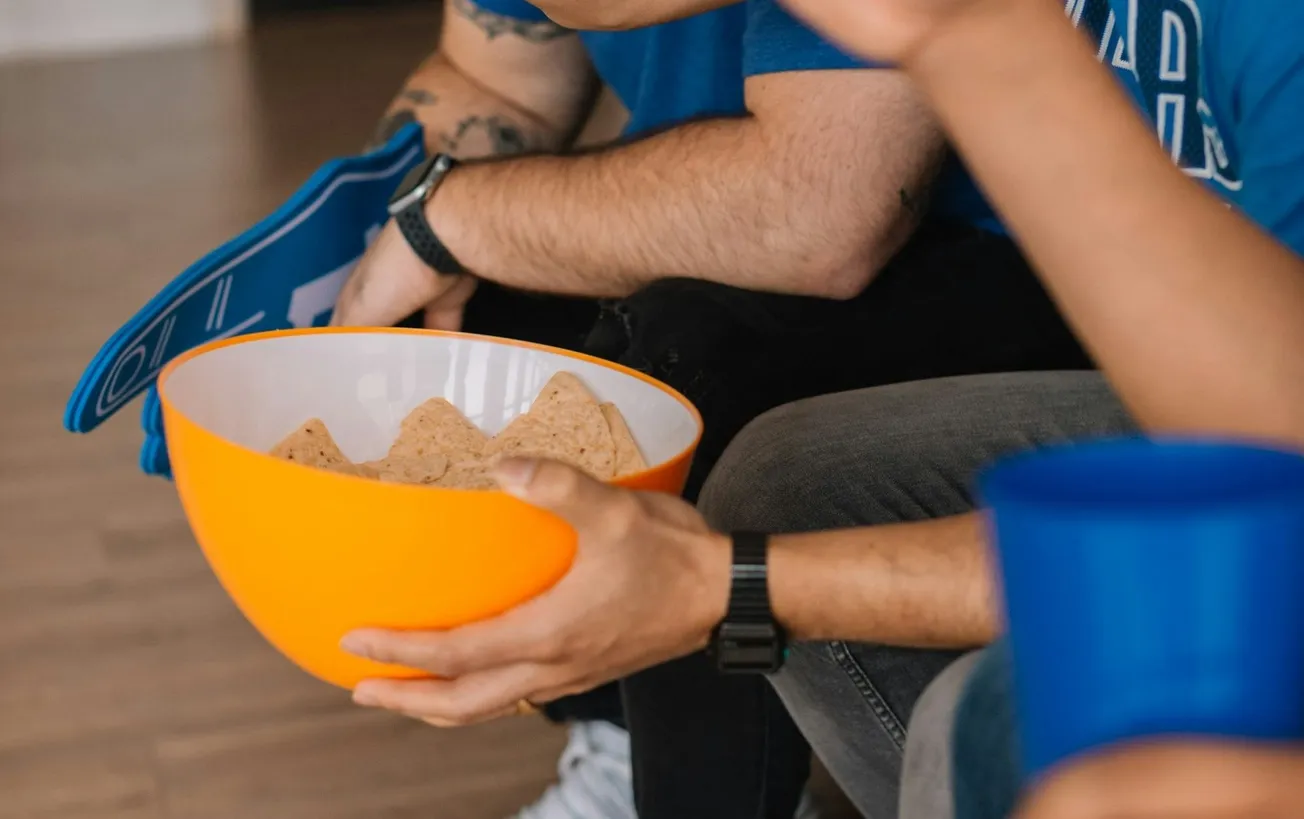
CINCINNATI — Colleen Lindholz is president of Kroger Health, the health care division of the Kroger Co. and one of the leading retail health care organizations in the United States. In that role, she oversees a team of 24,000 associates including pharmacists, nurse practitioners, dietitians and technicians staffing more than 2,200 pharmacies and over 220 clinics in 35 states.
Lindholz, who earned a pharmacy degree from the University of Cincinnati, began her career with Kroger at a high-volume pharmacy in Cincinnati. In 2017 she was appointed president of Kroger Health.
While still a pharmacy intern, Lindholz concluded that food stores and pharmacies could, in tandem, do much more to improve health than simply filling prescriptions. That realization was the starting point of what has become Kroger’s “Food as Medicine” strategy, which seeks to change the way America eats.
During the 2022 White House Conference on Hunger, Nutrition and Health, Kroger committed to executing Food as Medicine nationwide. Last September Kroger Health hosted the first Nourishing Change Summit to continue exploring ways to effect positive change in Americans’ state of health. The event brought together leaders from retail, academia and health organizations focused on food and nutrition to discuss ways to create positive change in people’s eating habits across the country.

Colleen Lindholz
“We have the unique opportunity to provide customers and patients with the resources they need to make healthier food choices and, ultimately, change their health outcomes,” said Lindholz. “The future of health care isn’t volume-based, it’s value-based and personalized. Building on the foundation of Kroger Health’s industry-leading commitment to Food as Medicine, we are leading thoughtful discussions with a diverse set of leaders who use their broad expertise to create healthier communities.”
During the Emerson Group Industry Day last autumn, Lindholz pointed out that Food as Medicine works in collaboration with Kroger’s Zero Hunger, Zero Waste initiative, which achieved a major milestone, donating 3 billion meals by 2025, two years early. In addition, Kroger Health is tapping into the capabilities of 84.51, Kroger’s data analysis subsidiary to bring personalization and digital communication into play to engage with customers (with their permission) about their health and eating patterns.
“In the United States of America, health care is anything but simple,” she said. “But we realize we have the power to influence change. I’m excited that we’re implementing simplification, transparency, and personalization as catalysts to really move the bar when it comes to improving health outcomes and lowering the overall cost of care. There needs to be somebody who is doing something about it and we’re proud to lead the way.”





